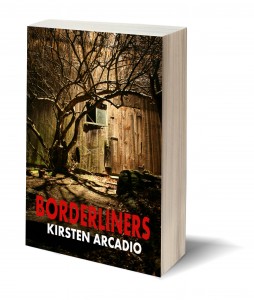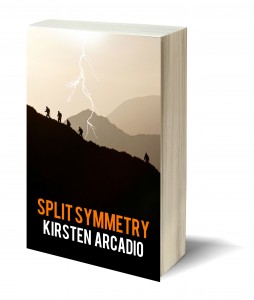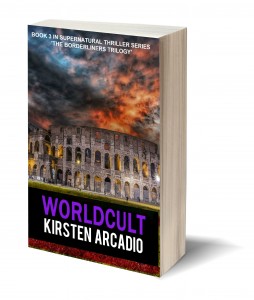Borderliners, the first novel in my trilogy, is a psychological thriller set in the autumn of several different timelines.
As I prepare this novel for publication at the end of 2013, some of the key themes of the story are uppermost in my mind: dreams and reality, the mysterious nature of time, ambiguity of human relationships and the destructive nature of isolation and the vulnerability it brings to its subjects.
Inspiration for some of my themes comes from my love of thrillers and some of my favourites are listed here:
- The Master and Margarita, Mikhail Bulgakov
- Dark Places, Gillian Flynn
- The Secret History, Donna Tartt
- Blackwater, Kerstin Eckmann
- The Landscape of Love, Sally Beauman
For me, Gillian Flynn is the current queen of the plot-driven suspense thriller, but almost nothing beats the way I felt when I first read Donna Tartt’s ‘The Secret History’ over a decade ago. I was a student at the time and spent several days and nights immersed in the story. Kerstin Eckmann’s Blackwater is one of a longer list of nordic thrillers I’m very fond of, but the one which stands the test of time in my memory. The Landscape of Love is a peculiar novel, which I found both disturbing and compulsive at the same time. The use of changing points of view from the reliable to the unreliable narrators was one which I loved and has followed through to my own work. Finally, The Master and Margarita contains a masterpiece of a scene where Margarita, the Master’s mistress, is invited to a ‘Walpurgis Night ball’ , an event associated with the occult and the supernatural.
Happy reading!





